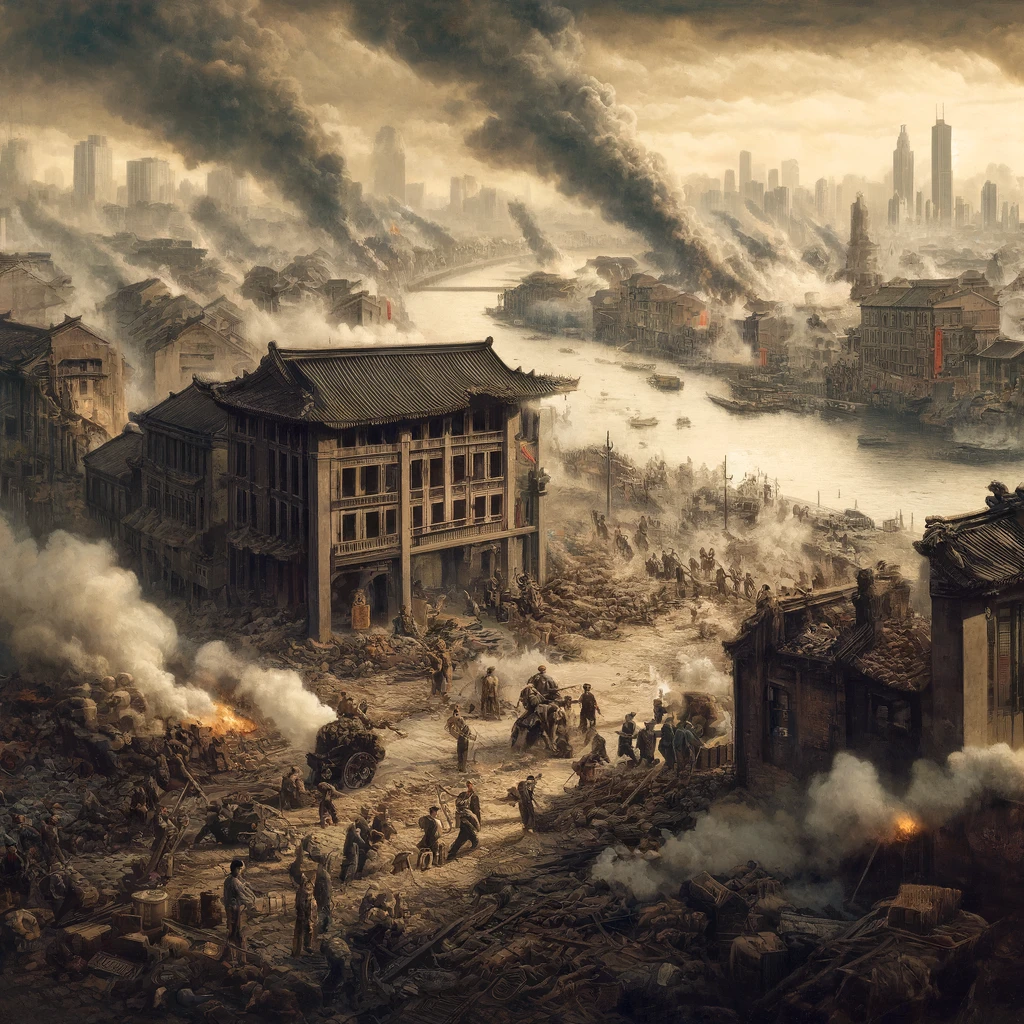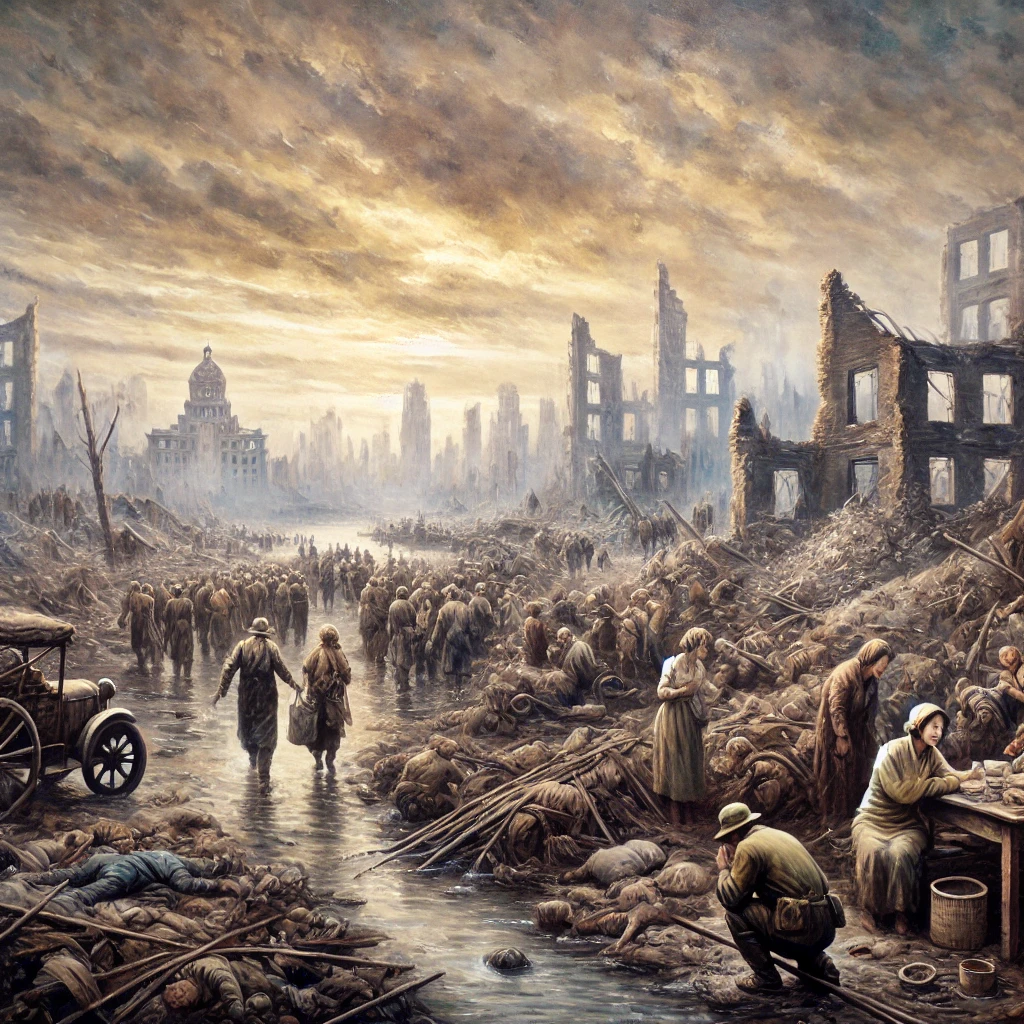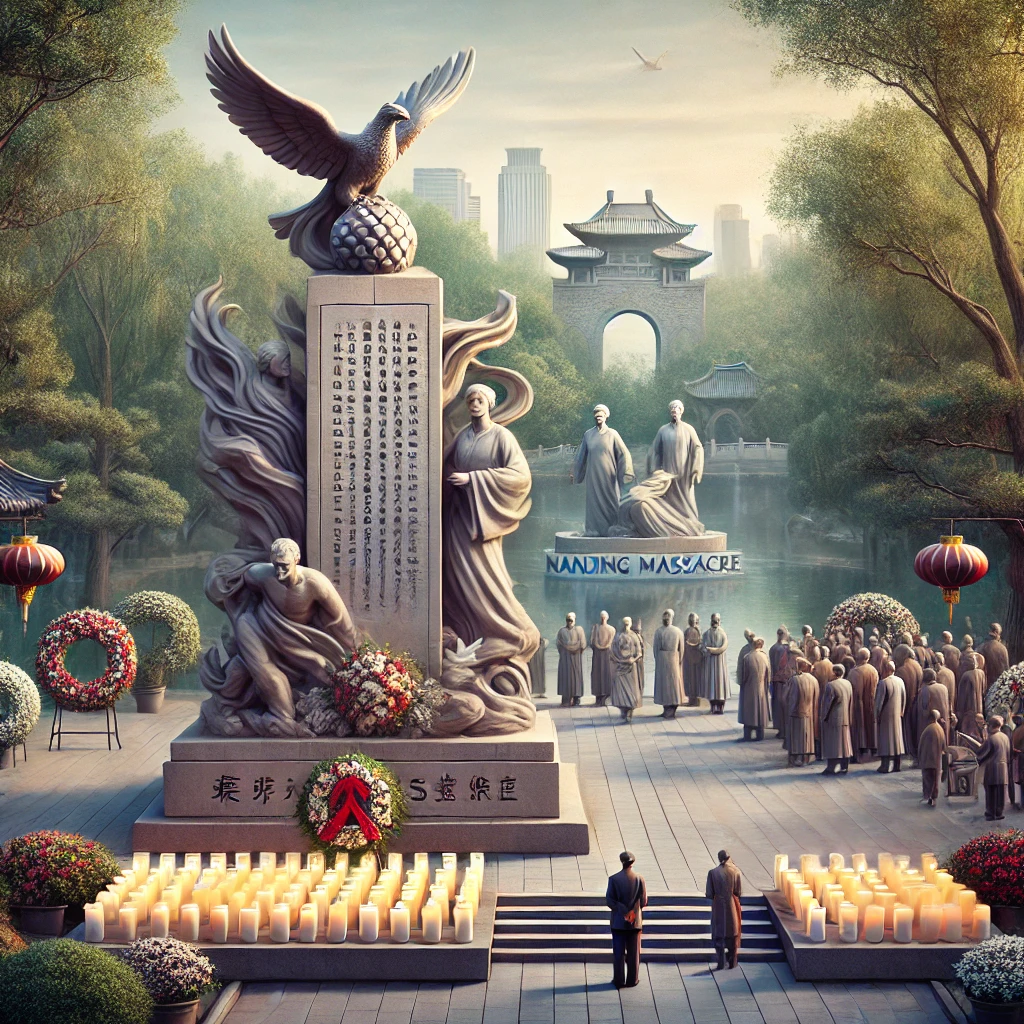On December 13, 1937, the Imperial Japanese Army entered Nanjing, China, marking the start of a six-week-long atrocity known as the Nanjing Massacre. As part of Japan’s broader campaign in the Second Sino-Japanese War, the occupation of Nanjing was characterized by unimaginable violence against the city’s civilian population and surrendering Chinese troops. Reports indicate that over 200,000 lives were lost, with countless individuals subjected to unspeakable acts of violence, including torture, rape, and execution.

The fall of Nanjing signaled not only a military defeat for China but also a human catastrophe of staggering proportions. Despite being declared an “open city” to spare its inhabitants, the invading forces unleashed a reign of terror that would shock the conscience of the world.
The Significance of the Nanjing Massacre in History
The Nanjing Massacre stands as one of the darkest moments of the 20th century, embodying the horrors of total war and the vulnerability of civilian populations. At the time, international observers, including journalists and diplomats, documented the atrocities, sparking global outrage. Figures such as John Rabe, a German businessman, worked to establish the Nanjing Safety Zone, which provided refuge for tens of thousands amidst the chaos.

However, the geopolitical complexities of the era, particularly the lead-up to World War II, limited the immediate response from the international community. The massacre highlighted the devastating consequences of unchecked aggression and the failure of global powers to intervene in time.
The Lasting Impact and Lessons Today

The Nanjing Massacre continues to resonate in both historical and political contexts. For China, it is a symbol of national resilience and a reminder of the costs of vulnerability. Annually, memorial events are held, and the Nanjing Massacre Memorial Hall stands as a solemn space for reflection and education.
Internationally, the massacre has fueled debates about accountability, justice, and historical memory. Efforts to prosecute those responsible during the Tokyo War Crimes Trials brought some sense of justice, though many survivors and their descendants continue to seek acknowledgment and reparations.
The events in Nanjing also underscore the importance of historical remembrance as a tool to prevent future atrocities. By studying such tragedies, the global community is reminded of the critical need for vigilance against human rights abuses and the value of international cooperation in preserving peace.
